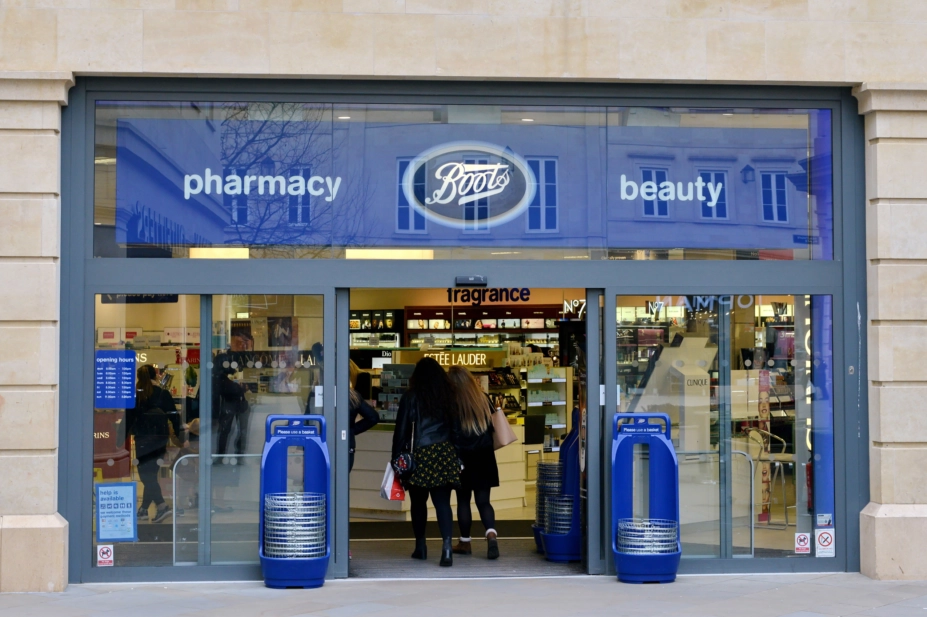
Shutterstock.com
In March 2019, Boots store-based pharmacists showed an incredibly strong desire for recognised representation from the Pharmacists’ Defence Association Union (PDAU), with 3,229 ‘yes’ votes (over 92%), compared with 266 ‘no’ votes.
As a result, the Central Arbitration Committee (CAC) declared that the PDAU
is “recognised by the Employer as entitled to conduct collective bargaining on behalf of the bargaining unit” — all registered and preregistration store-based pharmacists at levels 5, 6 and 7, employed by Boots Management Services Ltd.
The two parties are now agreeing how they should work together. During the ballot period, Boots’ management confirmed that it did not want a multitude of staff fora and proposed an employee relations structure, which they called the Boots Joint Negotiating Committee (BJNC). The BJNC would include funded representative roles and regular meetings with Seb James, Boots’ chief executive, to discuss much more than just matters relating to pay, holiday and working hours — the minimum scope under the CAC model.
While the management-proposed BJNC was overwhelmingly rejected by pharmacists, James’ commitment to working with pharmacists is welcome, and the PDAU is hopeful that aspects of the model will be incorporated in the agreement it will make with the company.
New ground
For the first time ever at Boots, pharmacists have an independent trade union negotiating on their behalf, and the company “shall not vary the contractual terms affecting the pay, hours or holidays of workers in the bargaining unit, unless [it] has first discussed … proposals with the union”.
The dispute between Boots and the pharmacists they employ — who have been denied an independent voice at work — has continued for over 8 years. But now is the time to draw a line under past disagreements and move forward to nurture an environment in which more work-related matters are resolved more quickly, locally and with the least conflict.
What a union can achieve
Whether their union was recognised or not, pharmacists could already consult and share information with their union, seek their guidance, and secure representation and support in individual issues (such as grievances or disciplinaries and/or have the union provide legal representation in the court).
But a union can also campaign and lobby on behalf of pharmacists, raise issues with politicians, the media or public — particularly issues that the employer does not resolve.
In the lead-up to the recent ballot, Boots’ senior management was unhappy when the PDAU pointed out matters such as the below-market-average pay the company provides many employees, and how its forced distribution approach to performance management damaged morale and led to around 1,000 pharmacists per year being told they were underperforming, no matter how well they actually performed.
I have worked in employment relations for a quarter of a century — in roles including national trade union official in three industrial sectors and employee relations manager for a FTSE20 company — so I know that the role of a trade union is solving problems, not creating them. If the employer won’t address an issue, the union may highlight it to other employees or take the issue public. It is important to understand that, in doing so, the union is not being negative or attacking the company; the union is serving its members by finding an alternative way to fix a problem.
Trade union power
The role of a recognised independent trade union also goes further than that of a company-controlled structure such as the BJNC, or Boots’ Pharmacist Partnership Panel, or the agreement the company had with the Boots Pharmacists’ Association. The union has a legal right to appoint health and safety representatives who are entitled to paid time off from normal duties to perform their role, to be trained and to be protected from any negative treatment for performing that role.
The union also has a legal right to receive information from the company for the purposes of collective bargaining — the process of negotiating salaries and working conditions between an employer and its employees — meaning the union is able to see factors the company used to make its decisions: another right that management-controlled structures are not afforded.
The PDAU is now working to build a network of pharmacists who will form the union structure at Boots; a union is its members.
Paul Day, national officer, PDA Union


